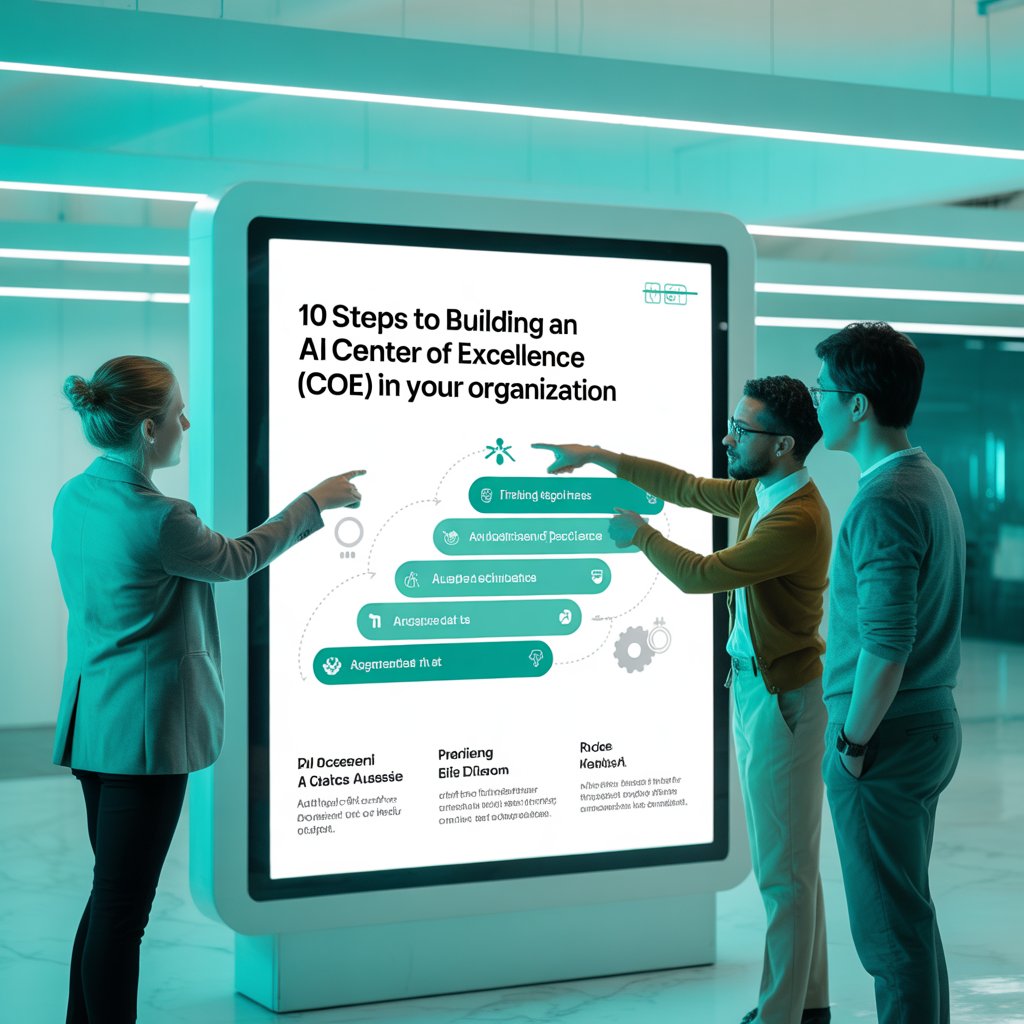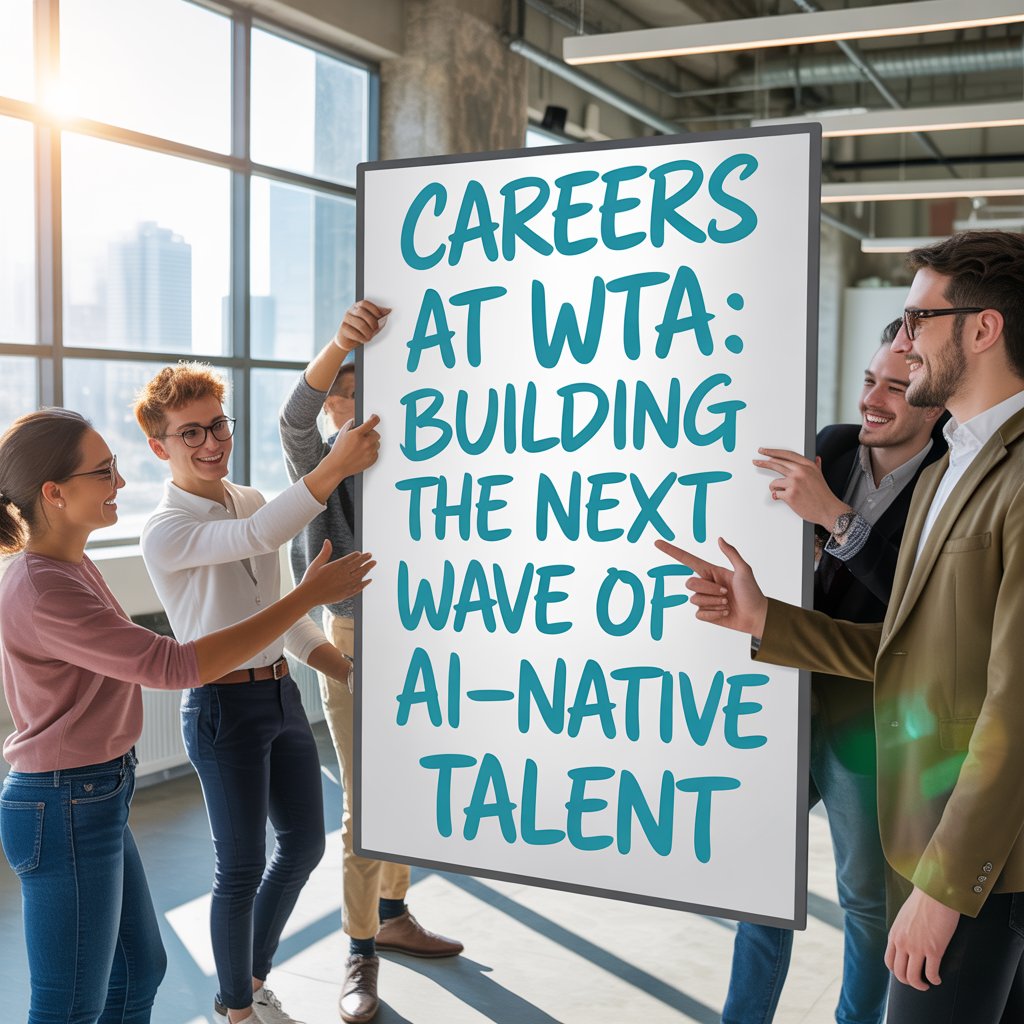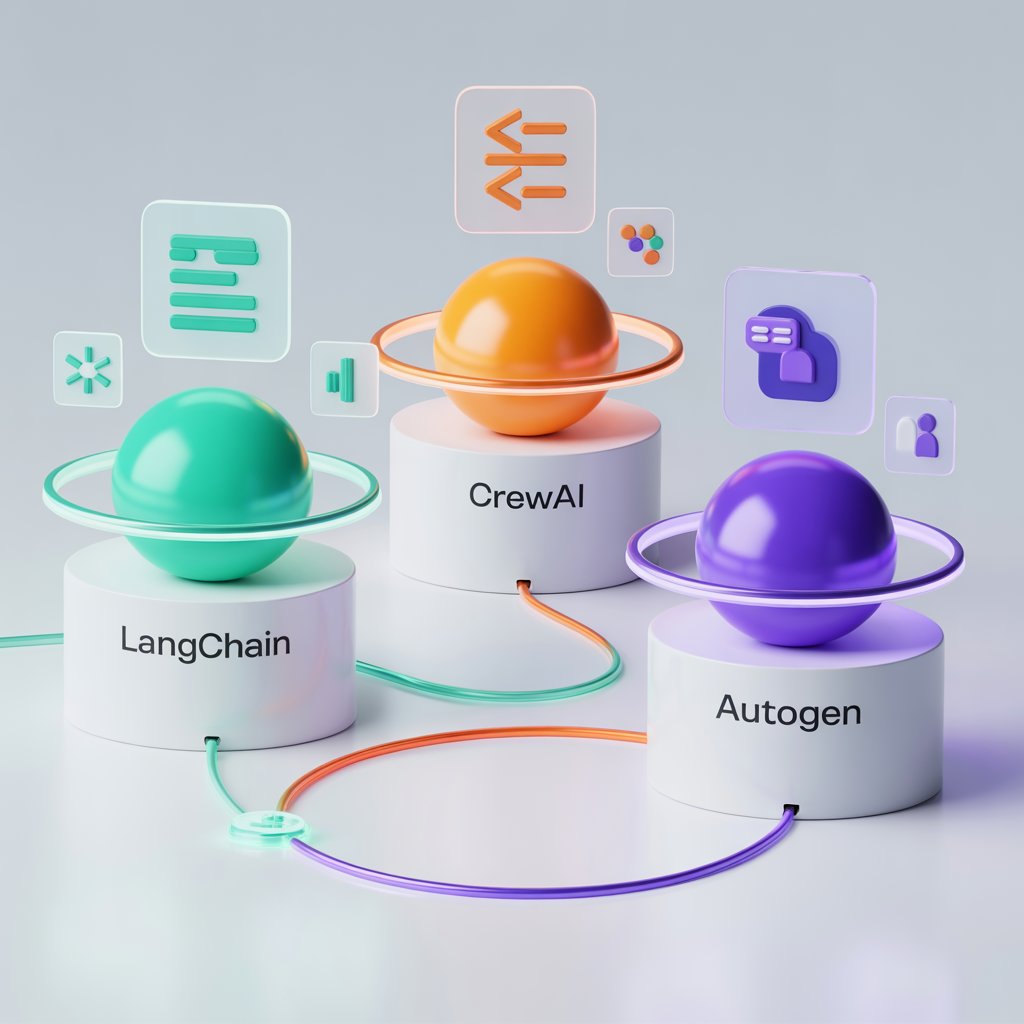AI acceleration seminars are becoming an important starting point for businesses and startups looking to efficiently utilize artificial intelligence. These seminars assist organizations in understanding use cases, aligning stakeholders, and developing a path for implementing AI at scale. However, going into your first AI acceleration workshop without asking the correct questions can restrict its effectiveness. To guarantee maximum impact, prepare with a thoughtful set of questions about goals, resources, risks, and execution.
By asking the correct questions, you not only get the most out of the workshop, but also lay the groundwork for a smoother AI adoption path. This planning ensures clarity on corporate objectives, realistic expectations for data and infrastructure, and trust that governance and ethics are being addressed. Finally, these questions will enable you to walk away with actionable insights, a road plan, and a clear understanding of what success looks like.
Here are 10 detailed questions to ask before stepping into your first AI acceleration workshop along with context, considerations, and examples to deepen your understanding.
1. What Are Our Primary Business Objectives?
AI isn't a goal in itself; it's a tool for addressing critical business difficulties or creating new opportunities. Begin by asking yourself: What do we hope to achieve using AI? Are you concerned about efficiency, cost reduction, increasing customer experience, ensuring compliance, or fostering innovation? For example, a bank may seek to prevent fraud losses, whereas a merchant may want to tailor client suggestions. Clear goals will drive every discussion and keep the workshop from devolving into ambiguous experimentation. Without explicit objectives, you risk creating "AI for AI's sake" rather than producing demonstrable results.
2. Which Use Cases Should We Prioritize?
Not every process is ripe for AI. Identify high-impact use cases where AI can deliver measurable value quickly. For instance:
- Automating customer service inquiries through AI chatbots.
- Detecting anomalies in financial transactions to prevent fraud.
- Predictive maintenance for manufacturing equipment.
During the workshop, facilitators can help evaluate these use cases through the lens of ROI potential, feasibility, data availability, and alignment with strategic priorities. Prioritization avoids wasting time on flashy but low-value experiments and ensures your first AI project sets the tone for success.
3. What Data Do We Have, and Is It Ready for AI?
Data is the fuel of AI, and without quality data, even the best models will fail. Ask questions like:
- Do we have enough labeled data for training models?
- Is the data clean, complete, and representative of reality?
- How silo-ed is our data across different systems?
For example, a healthcare organization may have patient records scattered across multiple systems, making it hard to build a unified view. Understanding your data maturity ensures realistic expectations and highlights where preparatory work is needed. If your data isn’t ready, part of the workshop should focus on how to improve it through better integration, labeling, and governance.
4. What Infrastructure and Tools Will Be Required?
AI initiatives demand more than clever algorithms they require robust infrastructure. Inquire about:
- Cloud vs. on-premises deployment options.
- Data pipelines and storage solutions that can handle scale.
- Security and governance frameworks to protect sensitive data.
- Tools for model training, monitoring, deployment, and lifecycle management.
For instance, a finance firm working with sensitive transaction data might prefer a hybrid cloud infrastructure to balance performance with compliance. Understanding infrastructure needs upfront helps clarify costs, technical readiness, and long-term scalability.
5. How Will AI Integrate Into Existing Workflows?
AI doesn’t exist in isolation it must fit seamlessly into your current operations. Ask facilitators to demonstrate how AI-driven solutions will align with existing SaaS tools, enterprise systems, and employee workflows. For example, if your sales team already uses a CRM, can the AI model automatically update lead scores in that system? Integration plans reduce friction, boost adoption, and ensure AI adds value rather than creating parallel processes.
6. What Are the Risks and Ethical Considerations?
AI introduces risks around bias, transparency, compliance, and security. Bring up questions like:
- How will we address bias in datasets and models?
- What guardrails are in place for privacy and regulatory compliance?
- Who is accountable when AI makes errors?
For example, a hiring AI tool that hasn’t been checked for bias could unfairly filter out qualified candidates. Addressing these risks early ensures your AI strategy is both sustainable and trustworthy. A responsible AI approach should also include auditability and explainability to reassure stakeholders and regulators.
7. What Skills and Roles Will Be Needed?
AI acceleration often requires new expertise. Ask:
- Which roles must we build in-house (e.g., data engineers, ML engineers, AI ethicists)?
- Where can we rely on external partners or consultants?
- How do we upskill current employees to work effectively with AI?
For example, a retail company may not need to hire dozens of data scientists but will need data engineers to ensure supply chain data is usable. Clarifying resource needs prevents skills gaps from derailing projects and ensures you are investing in the right talent mix.
8. How Do We Measure Success?
Success metrics are vital for ensuring your AI project delivers value. Define KPIs early. Consider:
- Operational metrics include cost savings, reduced downtime, and faster processes.
- Customer-centric metrics include improved Net Promoter Score (NPS), higher satisfaction, and reduced churn.
- Innovation metrics include time-to-market acceleration, new revenue streams, and faster R&D cycles.
For instance, if your goal is to enhance customer experience, metrics like reduced call center wait times or improved first-call resolution should be tracked. Measuring success ensures accountability and makes it easier to demonstrate ROI to executives and stakeholders.
9. What Is the Roadmap Beyond the Workshop?
The workshop is only a starting point, not the finish line. Push for clarity on the long-term journey, including:
- Concrete pilot project plans are available to start immediately.
- Strategies for scaling successful pilots into enterprise-wide adoption.
- Governance frameworks for ongoing oversight and accountability.
This ensures momentum doesn’t fade after the initial excitement. For example, if the workshop identifies predictive maintenance as a use case, the roadmap should include a timeline for piloting, testing, scaling, and monitoring the system in production.
10. Who Are the Stakeholders We Need to Involve?
AI success depends heavily on cross-functional collaboration. Identify the right mix of stakeholders, such as:
- Executive sponsors to secure funding and strategic alignment.
- Domain experts who can validate use cases and guide model accuracy.
- IT and data teams to integrate systems and ensure technical readiness.
- Compliance officers are responsible for addressing legal and regulatory considerations.
Engaging the right people early builds buy-in, accelerates decision-making, and avoids resistance. For example, if compliance officers aren’t involved from the start, an AI system may later face regulatory pushback that could have been avoided.
Conclusion
AI acceleration workshops are powerful opportunities to chart your organization’s AI journey but only if approached with the right mindset and preparation. By asking these 10 questions, you'll ensure that discussions are grounded in business priorities, supported by the proper infrastructure, and guided by responsible practices. Most importantly, you'll leave with a clear roadmap that transforms ambition into execution. These questions act as both a compass and a safety net, steering your AI journey in the right direction while avoiding common pitfalls.
Approach your workshop with curiosity, collaboration, and a commitment to practicality. The more prepared you are, the more likely it is that your organization will emerge from the workshop not just inspired but ready to act.
Preparing for your first AI acceleration workshop? Use these 10 questions as a checklist to make your session productive, focused, and impactful and ensure your AI journey starts on the strongest possible foundation.



.svg)
.svg)
.svg)
.svg)
.svg)
.png)














.png)